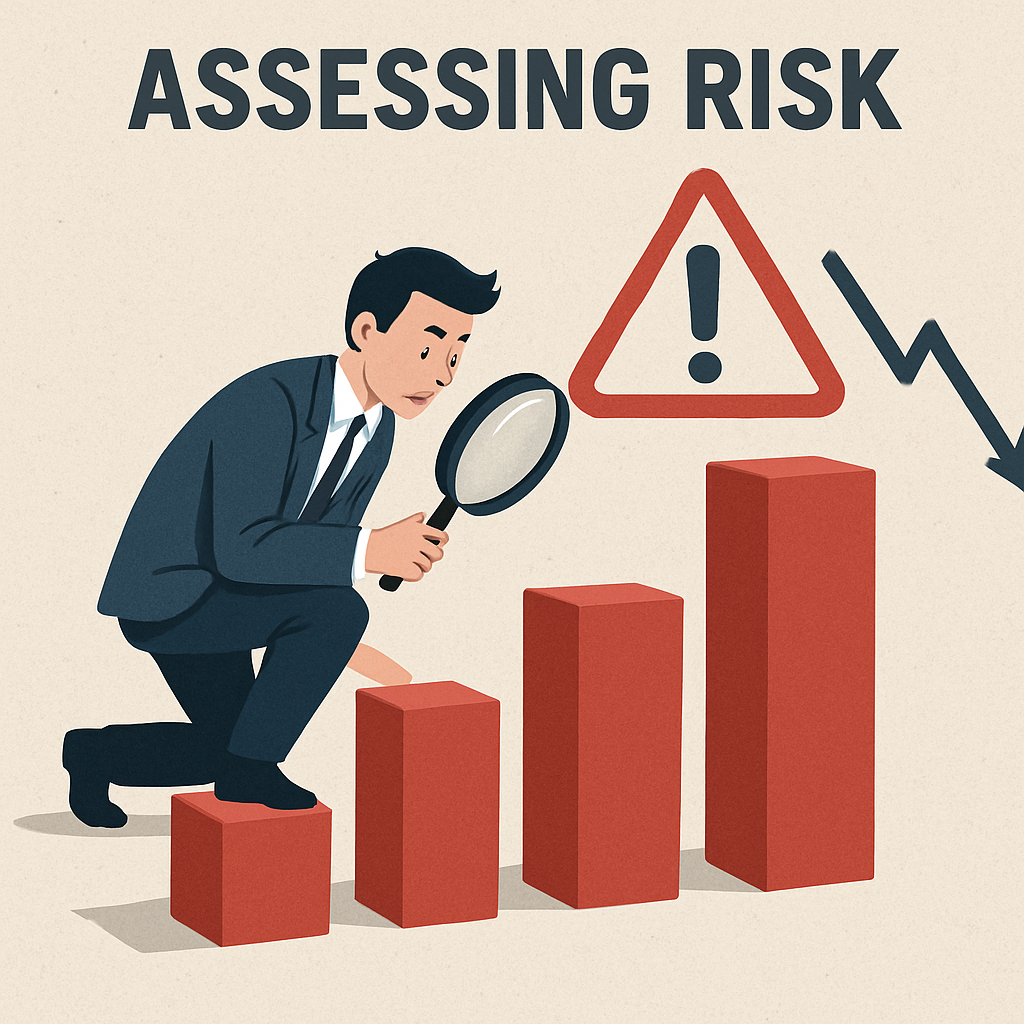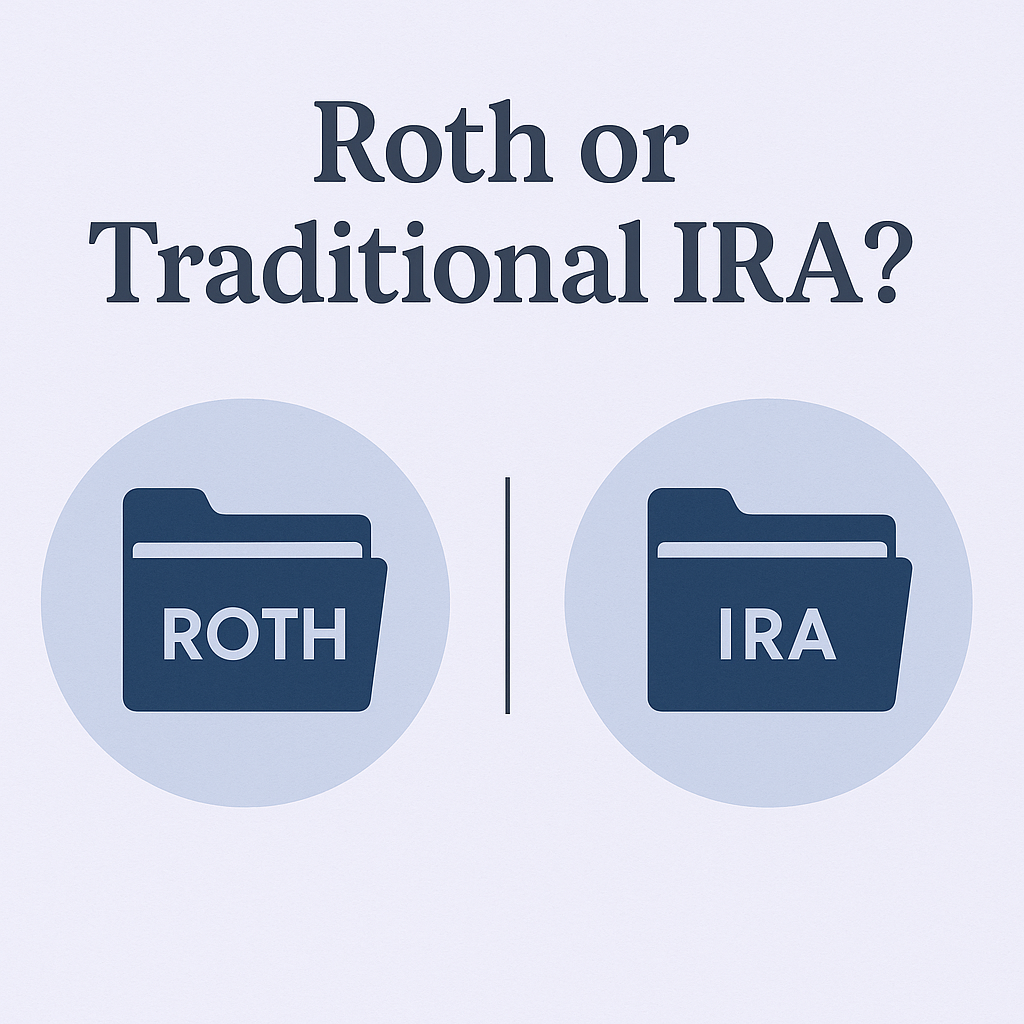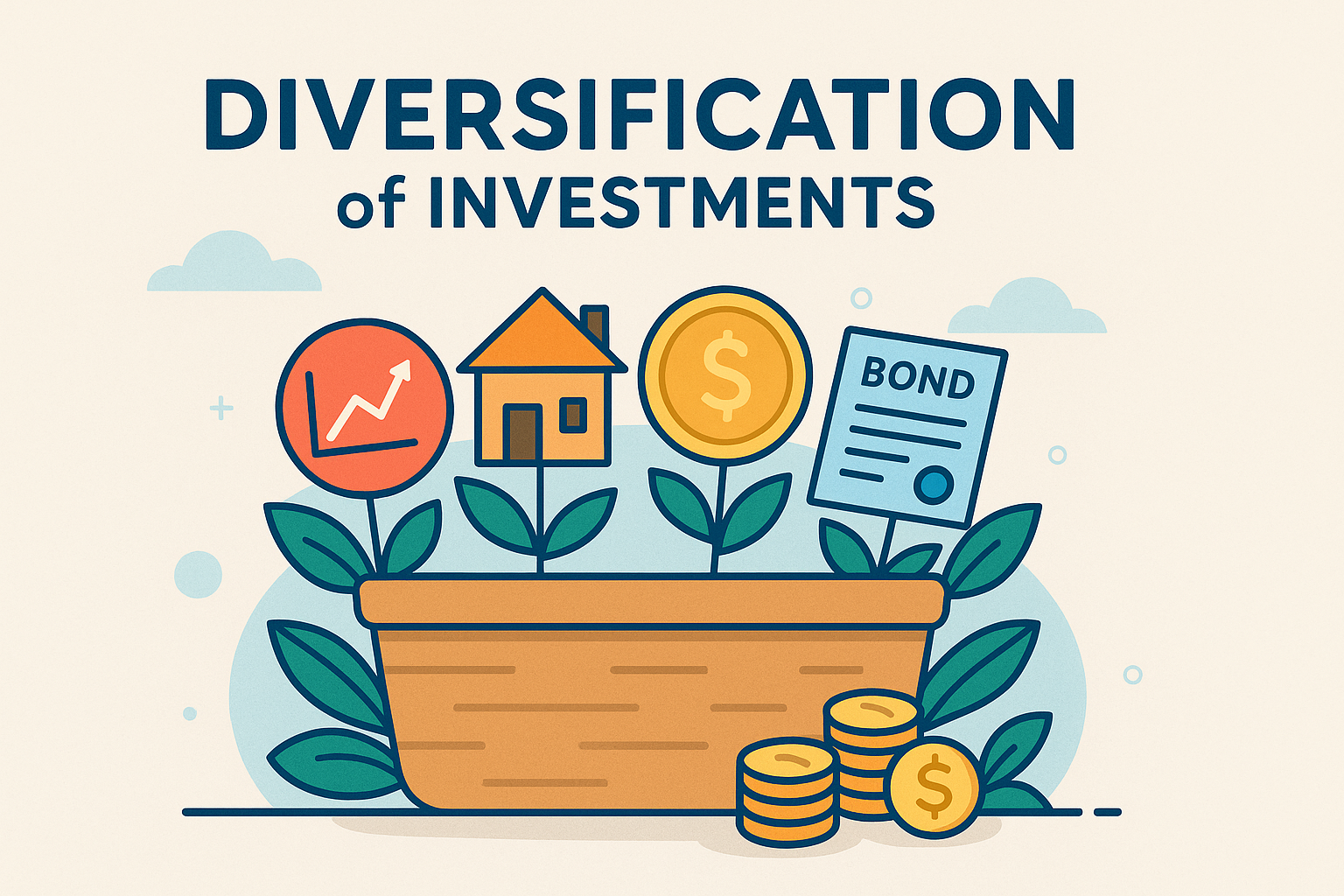





When most people think about financial planning, they often focus on budgeting, saving, investing, and planning for retirement. While all of these elements are important, one critical part of a strong financial foundation often gets overlooked: insurance. Insurance may not feel as exciting as growing your portfolio or hitting a

Here’s my HOT TAKE for the day, I don’t think that everyone needs a financial advisor. There are a lot of great investors out there who do a great job doing financial planning on their own. That being said, I believe there are 4 questions you have to answer YES

Many people confuse risk tolerance with risk capacity, but these terms represent two distinct parts of investment decision-making. Risk tolerance explains how much risk you feel comfortable taking. It captures your emotional response to uncertainty and the possibility of loss. On the other hand, risk capacity evaluates how much risk

When it comes to planning for retirement, one of the most common questions people face is whether to contribute to a Traditional IRA or a Roth IRA. While both accounts offer tax advantages and are designed to help you save for retirement, they differ in how and when you get

Love him or hate him, Morgan Wallen is a beast of an artist. He just dropped a 37 track album 🤯. In 2021 he dropped a 30 track album, titled Dangerous, and I thought he was crazy. Then in 2023 he dropped a 36 track album, One Thing at a

Young professionals have one major advantage in building wealth: time. Starting to invest early creates long-term momentum. It gives investments the chance to grow steadily before major life expenses begin to compete for attention. Cash sitting in a checking account loses value. Investments, when managed wisely, have the potential to

I’ve spent 13 years as a financial advisor, and I’ve seen how proper planning is the foundation of a solid retirement plan. I believe there are 7 accounts you need for a successful retirement. Here’s what most people don’t know about them👇 𝗖𝗵𝗲𝗰𝗸𝗶𝗻𝗴 𝗔𝗰𝗰𝗼𝘂𝗻tThis is your income hub. It’s where

I surprised a client the other day when we gave him some thoughts on his taxes. I’m not a CPA or EA and don’t claim to be, but as a CFP, I’ve learned a thing or two about taxes and I enjoy sharing what I know. After giving him our

If it costs less than $500 to replace, please do not buy insurance on it. I know that sounds strange coming from a financial advisor but hear me out.. Insurance is there to protect you from risks you cannot afford to take on yourself, not the ones you can. Yet

Planning for retirement isn’t just about saving money — it’s about knowing how much you need to retire comfortably. That “how much” is often referred to as your retirement number — the amount of money you’ll need saved to maintain your lifestyle once you stop working. But do you know
Stop by our Southlake wealth-management office, just off TX-114 and minutes from Westlake, Trophy Club, and Colleyville, to meet the team that’s guided North Texas families and business owners for 25 years. Mills Wealth Advisors delivers fee-only financial planning, retirement-income strategies, tax-efficient investing, and exit-planning expertise to clients across the Dallas-Fort Worth metroplex. Tap the map below for turn-by-turn directions or give us a call to book your complimentary discovery meeting today.